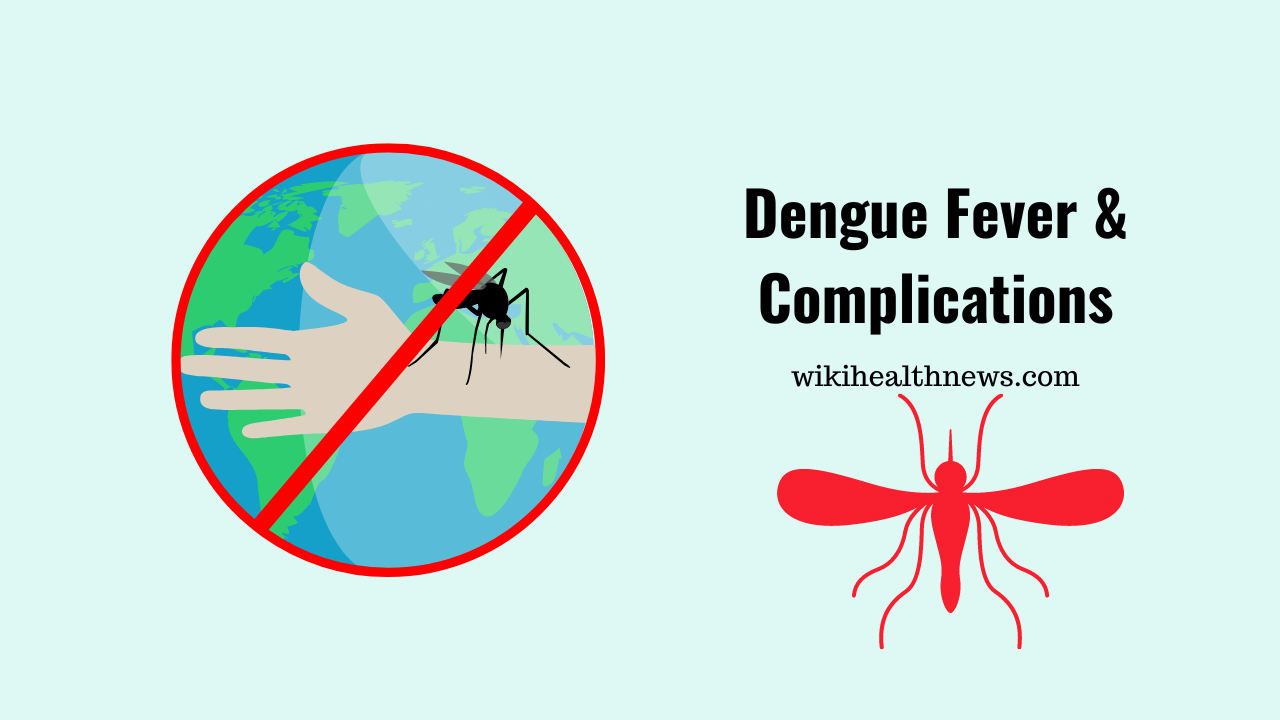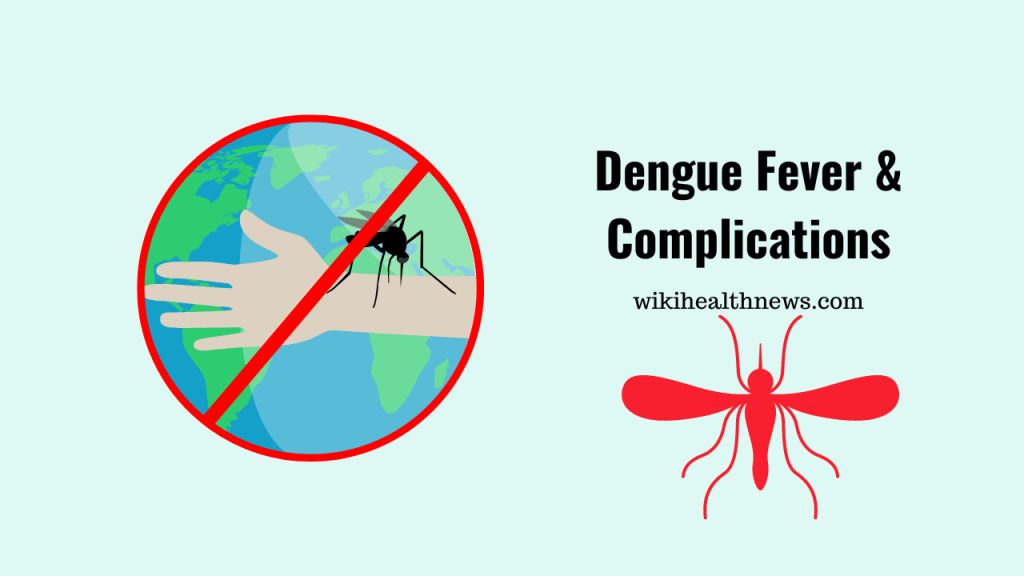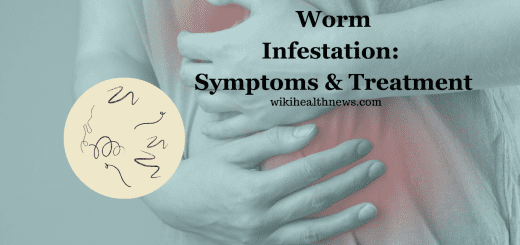Prevent Dengue Fever & Complications

Dengue is a mosquito borne fever that develops in tropical and subtropical areas of the world. Mild fever causes a high temperature and flu-like symptoms. The severe form also called dengue hemorrhagic fever causes serious bleeding, a sudden drop in blood pressure (shock) and death. Millions of cases of dengue infection occur in the world every year. This fever is most common in South Africa, western pacific islands, Latin America and Africa, Europe and the United States.
Transmission
Dengue fever is transmitted by an Aedes mosquito infected with a dengue virus. The mosquito becomes infected once it bites infected person with dengue virus in their blood. It cannot spread directly from one person to another person.
Symptoms:
Symptoms which usually begin 4-6 days after the infected mosquito bites and it will last for up to 10 days.
Symptoms may include
- High fever
- Severe headache
- Pain behind the eyes
- Severe joint and muscle pain
- Fatigue
- Nausea
- Vomiting
- Skin rashes which appears two to five days after the infection
- Mild bleeding mostly in nose bleed, bleeding gums, or easy bruising
For some times the symptoms are mild and can be mistaken for those of the flu or another viral infection. Younger children and people who have never had the infection before tend to have milder cases than the older children and adults. However serious problems may occur or develop. These include hemorrhagic fever, a rare complication characterized by high fever, damage to lymph and blood vessels, bleeding from the nose and gums, enlargement of liver, and failure of circulatory system. The symptoms may go to massive bleeding, shock, and death and that is known as dengue shock syndrome (DSS).
People with low immune systems and those with second or subsequent dengue infections are believed to be at greater risk of developing hemorrhagic fever.

Diagnosis of dengue fever:
Diagnosis of dengue infection with a blood test to check for the virus or antibodies to it. If you become sick after traveling to a tropical area, let your doctor know. This will allow the doctor to evaluate the possibility that the symptoms were caused by a dengue infection.
Risk factors:
The greater risk factors of developing dengue fever or a more severe form of the disease is:
Living in the tropical area or travel to the tropical area:
Being in the tropical or subtropical areas will increase the risk of exposure to the virus that causes dengue fever. Especially more risky places include Southeast Asia, the western pacific islands, Latin America and Africa.
History of having dengue fever:
Previous infection with dengue virus increases the risk of severe symptoms if you get fever again.
Complication:
Severe dengue fever can have internal bleeding and organ damage. Blood pressure can suddenly go too low to dangerous levels, causing shock.
Dengue fever can lead to serious complications and death in some cases.
Women who get fever during pregnancy may be able to spread the virus to the baby during the childbirth. Additionally, babies of women with infection during pregnancy have a higher risk of preterm birth, and low birth weight or fetal distress.
Treatment:
There is no specific medication to treat the dengue infection. If you get fever then use pain relievers with acetaminophen and avoid medication with aspirin, which could worsen the bleeding. Take rest; drink plenty of water or fluids. If you get worsen symptoms, then immediately go for hospitalization to check other complications.
Prevention:
The best way to prevent the disease is to prevent from the bites by infected mosquitoes particularly in the tropical area.
- Use mosquito repellents, even indoors
- When outdoors, wear long sleeved shirts and long pants tucked into socks.
- When indoor, use air conditioning if available
- Make sure the window and door screens are secure and free of holes. If sleeping areas are not screened or air conditioned, and use mosquito nets.
- If having the symptoms, then go to the hospital and check
- The dengue vaccine (Dengvaxia) is approved for people ages 9 to 45 that had already had dengue fever at least once. The vaccine is given 3 doses over the course of 12 months.
Read more











